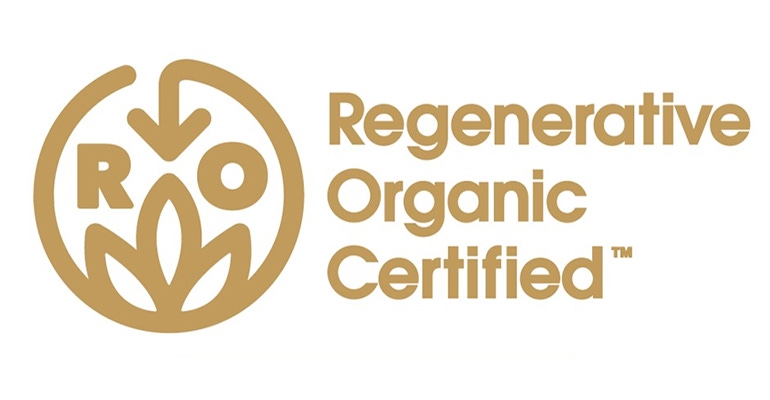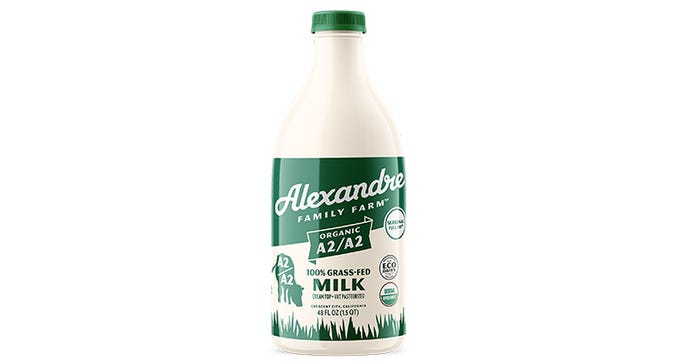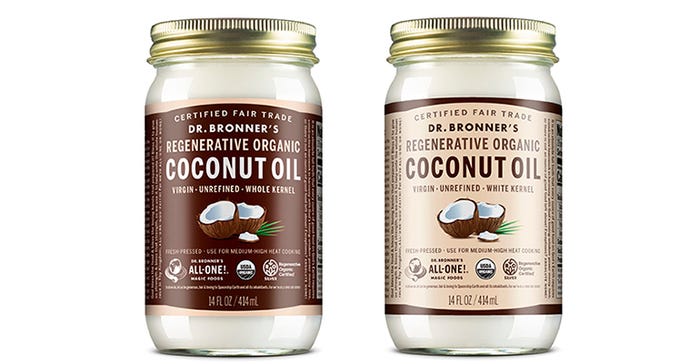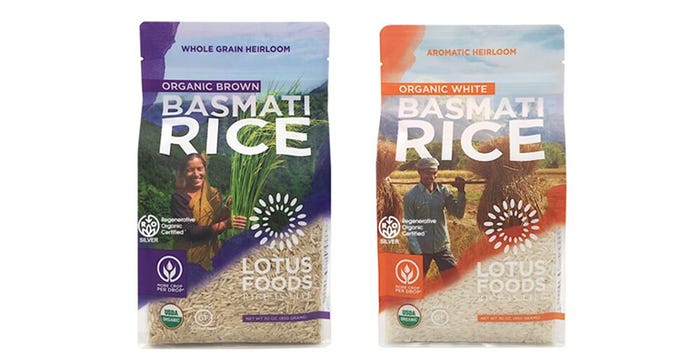February 15, 2022

To ensure that future generations have enough nutritious food, clean water, clean air and habitable land, we humans have a whole lot of work to do—and fast.
Climate change’s devastating effects are intensifying by the year; the rapidly growing global population will require 50% more agricultural production with the next three decades, and conventional farming practices are on pace to degrade 90% of the planet’s topsoil by 2050, according to the Food and Agriculture Organization of the United Nations. Unless we make major changes to counteract these forces, it will become exceedingly difficult, if not impossible, to guarantee nourishment and a healthy environment for all.
Collectively, the natural product industry and its conscious consumer base have recognized these challenges for some time. Accordingly, this industry has long led the way in sustainability efforts: championing organic agriculture, renewable energy, water conservation, food waste reduction, and minimal and eco-friendly packaging. Many natural companies have also been out front on social responsibility, working to improve the health and livelihood of people throughout their supply chains.
However, with our planet increasingly in peril, companies, organizations and individuals are being called to do even more. Now, beyond simply ceasing to damage the Earth even further, it’s time to work on actively restoring it.
One of the best ways to do this, most experts believe, is by advancing regenerative agriculture. This holistic philosophy of farming and grazing is essentially "the way farmers used to do it" before chemical pesticides and industrial methods became the norm. Though the precise definitions vary, regenerative agriculture generally involves rebuilding soil organic matter and restoring biodiversity both below and above ground, thereby drawing down carbon and improving the water cycle.
While regenerative agriculture shares several tenets with organic farming, the two systems are not quite the same. Oftentimes, regenerative methods do more to restore the earth than organic operations do—but that isn’t always the case. In fact, sometimes the opposite is true. It all just depends on an individual farm’s philosophy and practices.
That’s why the very best solution to our climate crisis may be to embrace both regenerative and organic agriculture—along with humane animal treatment and social fairness—and advance the collective systems as the gold standard.
Belief in this notion is exactly what inspired the creation of the Regenerative Organic Alliance, a coalition of farmers, scientists and business leaders who envision "a world free of poisonous chemicals, factory farming, exploitation and income inequality, soil degradation, habitat destruction, pollution, short-term thinking, corporate bullies, greenwashing and fake food."
Since forming in 2017, ROA has worked hard to design a new paradigm for agriculture, culminating in its Regenerative Organic Certified standard. To qualify, operations must be USDA Organic certified and meet detailed requirements for soil health, animal welfare and social fairness. There are three levels of Regenerative Organic Certified: Gold, Silver and Bronze.
After testing the standard through a pilot program, several participating farms became certified, as did some of their finished products. Then in late 2020, ROA opened up the certification process to all interested farms, dairies, ranches, vineyards and grower groups.
Becoming Regenerative Organic Certified, especially at the Gold level, is tough—deliberately so. ROA wanted to raise the bar high and give growers and brands a superior standard to work toward: one that can really make an impact in combatting climate change and regenerating the earth.
Because the certification process takes time and, in many cases, requires improving systems, not many farms or finished products have earned the Regenerative Organic Certified seal yet. More will emerge in the coming years, but for now, just a handful of leading-edge producers and products have met the standard’s exacting criteria.
Three of these Regenerative Organic Certified pioneers are exhibiting at Natural Products Expo West. Be sure to swing by their booths to learn about their journeys and discover their breakthrough products.

Alexandre Family Farm
Booth N509 and Virtual Booth
After successfully completing ROA’s pilot program, Alexandre Family Farm in Crescent City, California, became the first Regenerative Organic Certified dairy in the U.S. Raising cows and laying hens together on pasture, plus restoring native habitats and employing a range of soil-nurturing techniques, this innovative dairy has also been certified regenerative by the Savory Institute. The brand is famous for its nutritious, digestion-friendly 100% grass-fed organic A2/A2 beta-casein protein milks, creams and yogurts, along with its organic pastured eggs.

Dr. Bronner’s Regenerative Organic Virgin Coconut Oils
Booth N1640 and Virtual Booth
A founding member of ROA and longtime leader in ecological and social responsibility, Dr. Bronner’s launched its first two Regenerative Organic Certified products in 2020: Whole Kernel Virgin Coconut Oil and White Kernel Virgin Coconut Oil. The fair-trade, expeller-pressed oils are great for cooking, baking or nourishing skin or hair. These market-first products are sourced from Dr. Bronner’s Sri Lankan sister company, Serindipol, which was among the 19 producers in the Regenerative Organic Certified pilot program.

Lotus Foods Brown and White Basmati Rice
Booth N1637 and Virtual Booth
Certified B Corporation and 2018 NEXTY Gold Award winner Lotus Foods has revolutionized rice production. Working with Pratithi Organics, its longtime supply partner in India, the company trains small-scale farmers to grow whole-grain heirloom rice using a novel system that requires significantly less water, ultimately improving soil health and biodiversity. With these practices, Pratithi Organics successfully completed the ROA pilot program, yielding Lotus Foods’ first two Regenerative Organic Certified products: Organic Brown Basmati Rice and Organic White Basmati Rice.
About the Author(s)
You May Also Like





